When my kids were little and needed to get out of the house, I took them down to the water. There was much to do: skip rocks, play in the sand, and make dams to hold back the tide. If the tide was low, we looked for creatures under the rocks. We had a dory and went rowing. At first Andrew, my youngest, didn’t want me to get too far from shore, so we stayed close in. When they turned six, I built each of the boys their own small boat, which they could paddle like a kayak. Later, Ben, my oldest, let me teach him how to sail.
Although Andrew went sailing with us and has vivid memories of sailing in the fog, at first he expressed no interest in learning to sail himself. But when he was in the 8th grade, paddling around Lake Padden with a friend, a sailboat kept zipping past. This appealed to the teenage-boy desire for speed without work and gave him a nudge towards sailing, and he took lessons. Looking back, Andrew now says his early paddling and sailing experience taught him lessons about the wind, water, and tide that were early critical steps of his learning about sailing and the sea.
Andrew did well in elementary school, but the older he grew, the more oppressive school became. At the end of his freshman year, he was unhappy to put it mildly. He did OK, didn’t get into trouble, had great friends and passed his classes, but as parents, it was hard to watch our good-natured and fun-loving son come home every day weighed down by school work that didn’t interest him. My wife and I went up to school and talked with the counselor, but it was clear we were swimming against the tide.
The summer of his freshman year he decided to try volunteering on the Lady Washington* (see footnote 1) We helped him with a volunteer crew application, and off he went, at age 15, to Seattle and the Lady, doing four sails a day from 6 in the morning until 10 or 11 at night. After a week, we hadn’t heard much, so we drove down for a quick visit, little knowing how quick it would be. Andrew came ashore to talk but after five minutes said, “I’ve got work to do and I have to get back.” My wife and I looked at each other, “Whose kid is this?”
Six weeks later, he returned home a different person. He was more confident, looked different, walked different and talked different. We were stunned by the change. It was the first time I understood the expression “walking on air.”
But school beckoned, and in September, he returned to high school as a sophomore. In support of his new interest, he arranged to do winter maintenance on the Zodiac, a 120’ schooner hauled out in Seattle. Over the winter he took the bus to Seattle on Friday and return Sunday night. When the Zodiac returned to Bellingham in the spring, he had earned a place as crew on spring charter trips.
The following summer he arranged to work on the Lady again. This time the boat was in Aberdeen WA, on the coast doing day sails up and down the Chehalis River. In the fall, before school started, he came home and announced he wanted to go south with the Lady, where she spent the winter calling at ports in California, catering to school groups, doing dockside tours and day sails. He had just turned 16.
We knew we would miss him, but asked ourselves the question, “What do we want, a kid who is actively engaged in learning something new everyday or a bored, disaffected teenager, who is reluctantly putting in his time at school?” Andrew always had a knack of getting what he wanted. So we cut a deal. “Yes, you can go south, but you have to come home in the spring and finish high school.” Off he went.
After sailing down the coast to San Francisco, under the Golden Gate and visiting ports between San Francisco and San Diego, Andrew came home in the spring obsessed with sailing. He was working on his Coast Guard Able-Bodied Seaman (AB) certification, and I’m sure he thought of his high school diploma as an obstacle to overcome as quickly as possible so that he could get back to real work.
He went up to his old high school where they told him, essentially, his sailing work had no value and he needed to take up academically where he left off. Instead we helped him find a school which specialized in helping home schooled kids. They were impressed with his adventures and gave him credit for navigation, history, and PE. His new school calculated that, along with his first two years of high school, he needed one year of science and a year of social studies to graduate. To get a Coast Guard AB certificate, he had to attend Coast Guard approved fire and radar schools. He asked his teachers, and they agreed these would qualify for science credit. Off to Crawford Nautical School in Seattle he went. He returned in less than a month with his science requirement completed, and more important to him, Coast Guard approved certificates in marine fire fighting and radar.
To meet the social studies requirement, his teacher gave him a text and told him to read it and write 20 essays. He read some, wrote an essay, turned it in and got an A. Inspired, he wrote three more, turned them in but realized 20 essays would actually be quite a bit of work. He talked with his teacher:
“Can I take the final test instead of writing the rest of the essays?
Yes, read the textbook and come back and take the test.
Can I take the test without reading the book?
You can, but you probably won’t do very well.
Give me the test.”
He takes the test and gets 50%, not enough to pass. So he asks,
“How many essays would it take to bring this 50% up to passing?”
Four more was the answer.
He came home, wrote the essays and received his Washington State high school diploma. And went off to sea again.
Recently, reflecting on the beginnings of his time at sea, Andrew commented that what initially drew him to the sea was not the historical significance of sailing ships or the romance of the sea, but how he was treated, with respect, from the very first days. His efforts to learn and contribute were acknowledged and rewarded. As he pick up skills, he was given real responsibility.
As a parent I could see other attractions were independence, adventure, real work, and the boat community. He met people of all ages from all over the country and eventually from all over the world. Although there are about 100 tall ships sailing US waters, crewed mostly by volunteers, the tall ship world is actually fairly small* (see footnote 2). If he didn’t know at least one crew member on a new ship, they would have mutual friends. News of the best boats to serve on and which captains to work under traveled fast.
Andrew moved from the Lady, to the Chieftian where the captain was an important mentor. He landed the 2nd mate position when the Californian went from California, through the Panama Canal, to New York and Tall Ships 2000. In New York he became the 2nd mate on the Picton Castle. And so it went. Ashore he spent time with family or friends, or attending classes to keep his Captain’s license current.
Eventually the long hours and low pay of tall ships began to wear. He explored other interests working as a science technician on the Nathanial Palmer, an ice breaker in Antarctica, and in Kenya for Doctors without Boarders as a logistician.
After working for so many different organizations he wanted to have a more stable home base and found work a west coast research ship. Andrew turned 35 this year (2016) and is still at sea, now Captain of the same research ship. All these years later he still takes pleasure in pointing out to his parents that no one has ever asked about his high school diploma.
********
-
The Lady Washington is Washington State’s official tall ship. It is a replica of the sailing ship Lady Washington which did early exploration in the Pacific NW beginning in 1780’s.
2. For information about the 100 plus US tall ships, sail training opportunities or crew positions go to: http:// www.sailtraining.org/membervessels/search.php
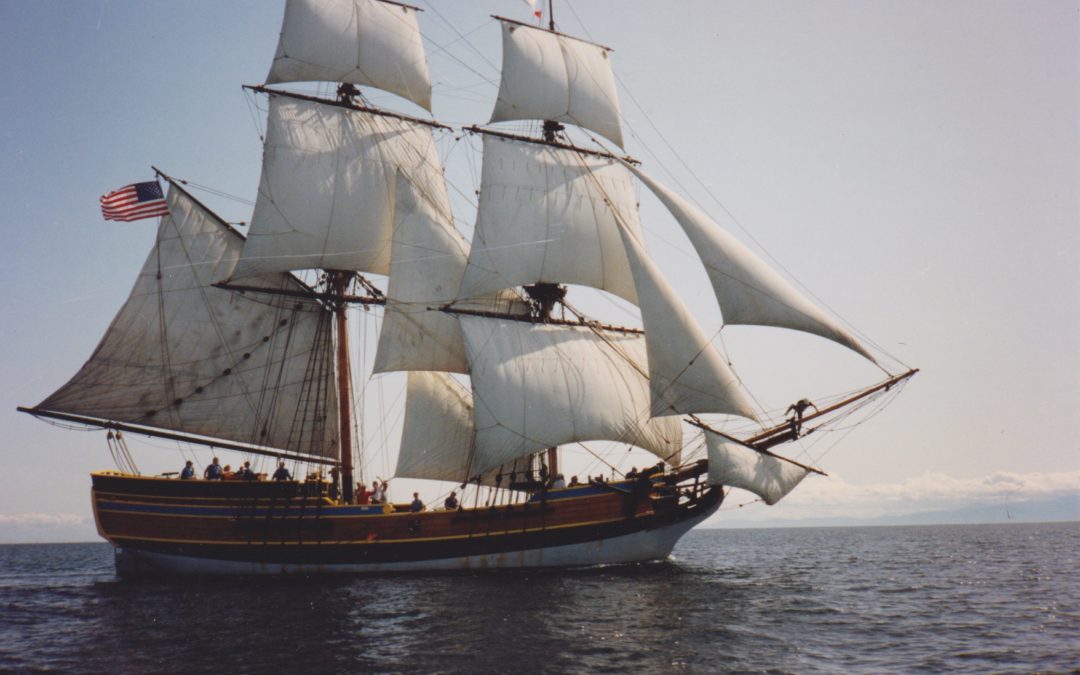
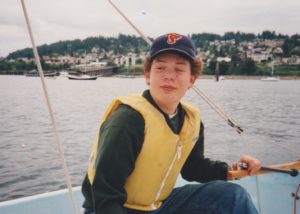
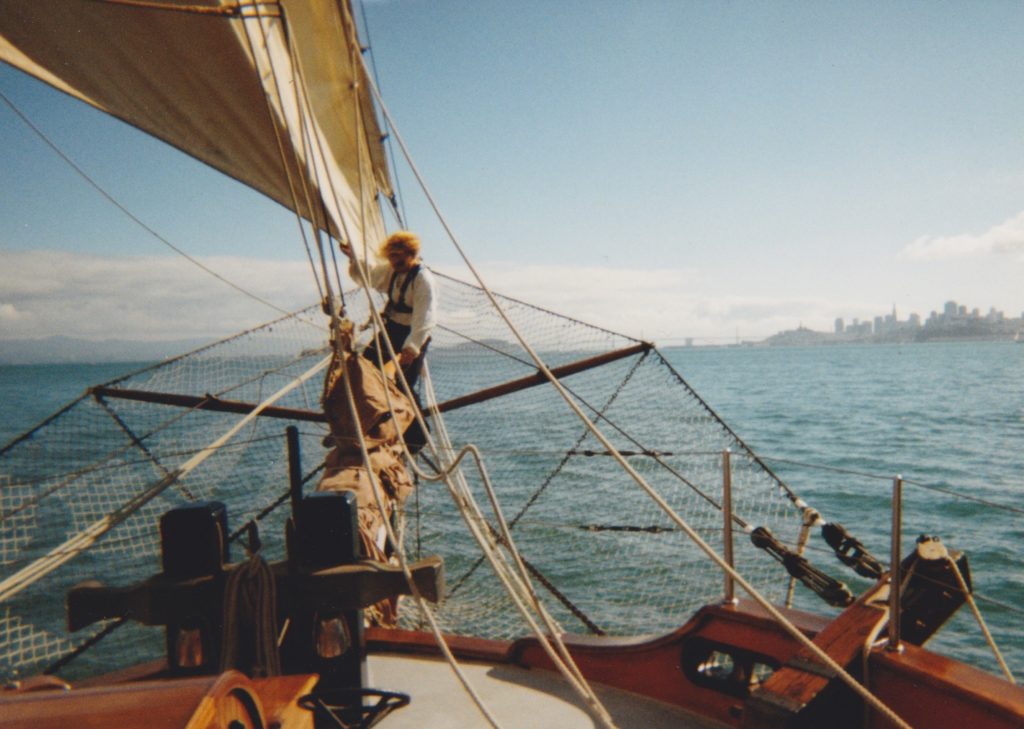
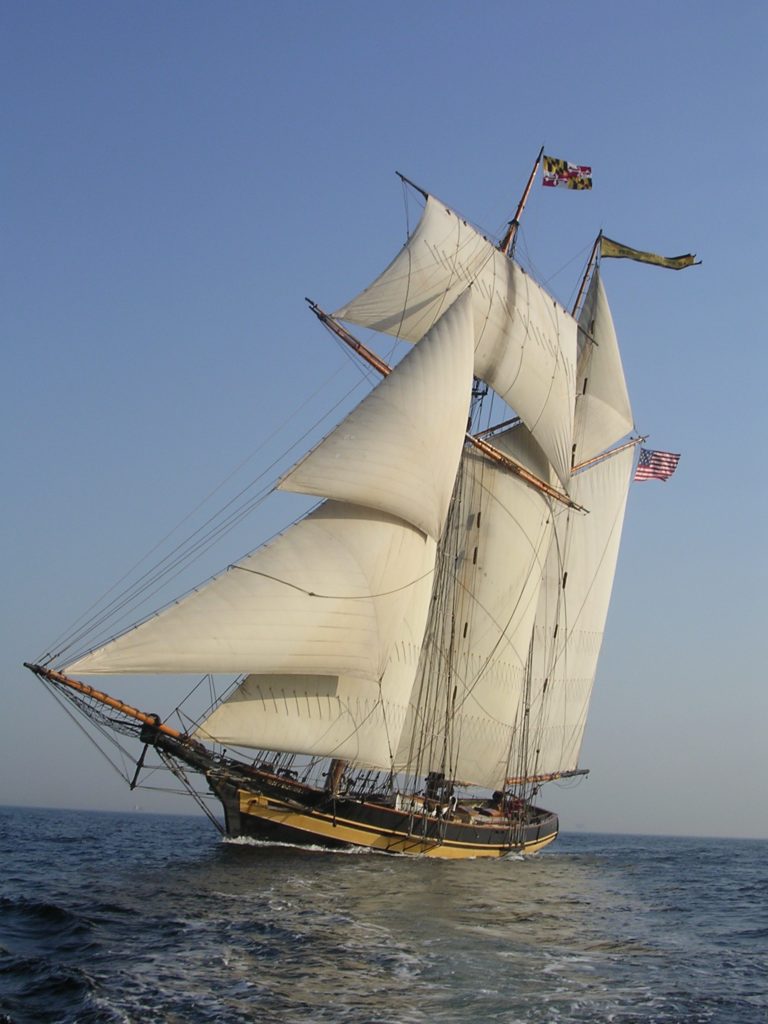
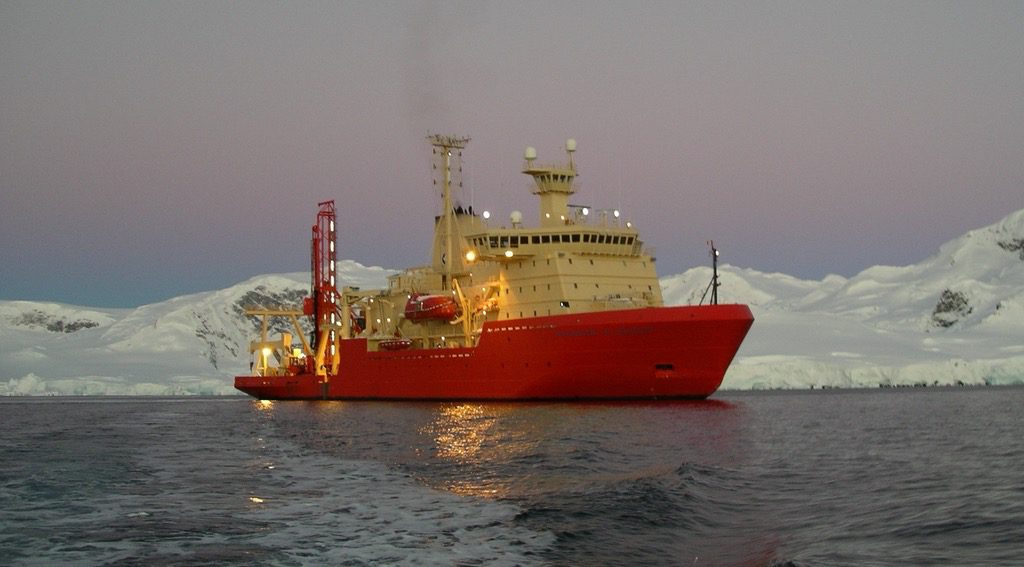
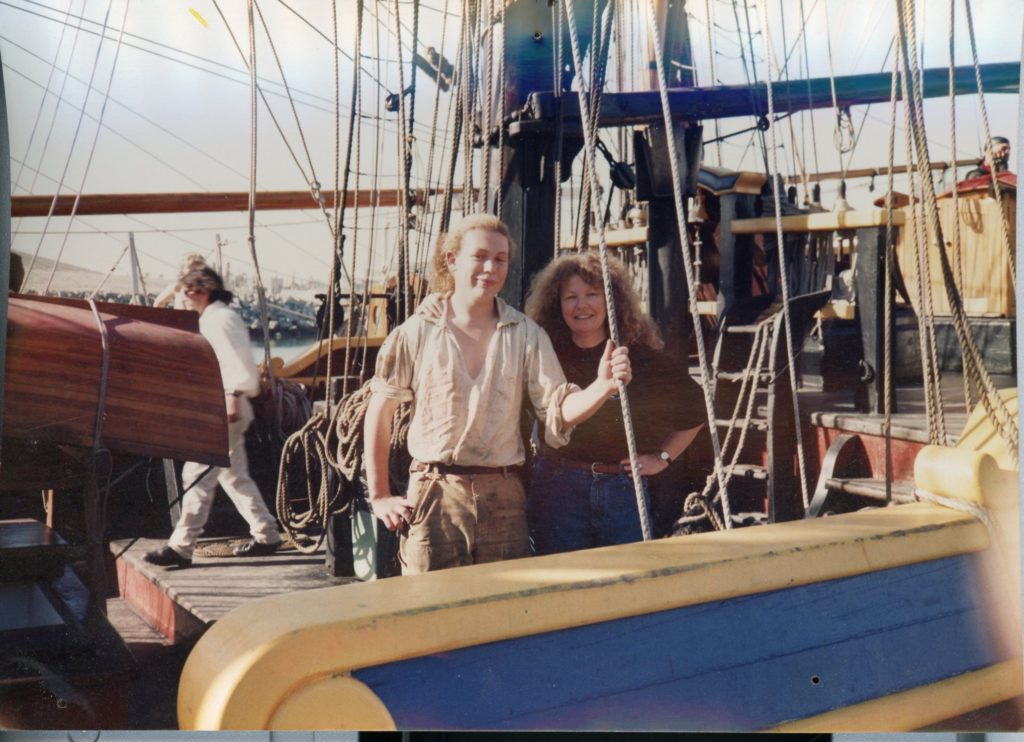
Jack, What a story! The whole thing is captivating, of course, but I was especially struck by the line close to the end about Andrew responding to the way he was treated on the ships. Powerful and true. Thank you for sending this. And all my best to Andrew…
This is so utterly inspiring!
Hey Jack – that’s a great story. No, it’s not for us but by golly it ought to be somewhere – gently saying that there are many forms of education – did this young man educate himself thoroughly and amazingly? He sure did, and he sure did the right thing by his own interests and skills. Also I think his parents were wise enough to not get into the thing that I am often guilty of, a fixation on levels and diplomas.
Yrs brian